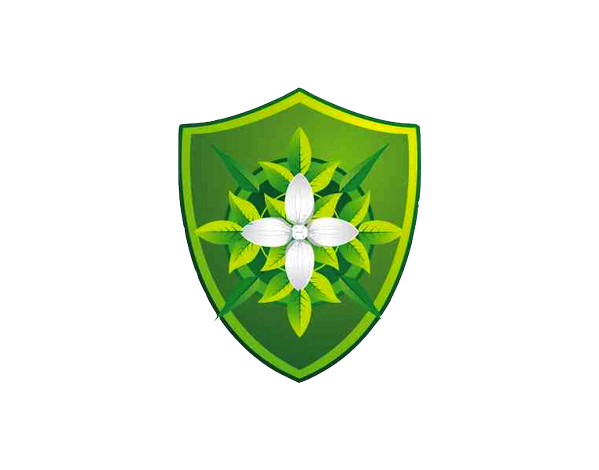Science
General Biology I
PREREQUISITE: CREDIT IS ALLOWED FOR ONLY BIO 181 OR BIO 281 OR BIO 282
COLLEGE: ASU COURSE BIO 181
CONCURRENT CREDIT COURSE
Biological concepts emphasizing principles and the interplay of structure and function at the molecular, cellular, and organismal levels. Intended for life sciences, biology, and health-related science majors.
General Biology II
PREREQUISITE: BIO 181 WITH C OR BETTER; CREDIT IS ALLOWED FOR ONLY BIO 182 OR BIO 281 OR BIO 282
COLLEGE: ASU COURSE BIO 182
CONCURRENT CREDIT COURSE
Biological concepts emphasizing principles and the interplay of structure and function at the organismal, population, and community levels. Intended for life sciences, biology, and health-related science majors.
Introductory Chemistry
CREDIT TYPE: ELECTIVE
HIGH SCHOOL: CHEMISTRY—ADVANCED STUDIES
COLLEGE: ASU COURSE CHM 101
CONCURRENT CREDIT COURSE
Elements of general chemistry. Adapted to the needs of students in nursing and kinesiology and those preparing for general chemistry. Recommended for General Studies credit. Cannot be used for major credit in chemical or biochemical sciences.
General Chemistry II
PREREQUISITE: YES
COLLEGE: ASU COURSE CHM 116
CONCURRENT CREDIT COURSE
Continuation of CHM 113. Equilibrium theory, thermodynamics, kinetics, electrochemistry, nuclear chemistry and descriptive chemistry.
Habitable Worlds
PREREQUISITE: NONE
COLLEGE: ASU COURSE SES 106
CONCURRENT CREDIT COURSE
Are we alone in the Universe? If so, why? If not, where are our cosmic cousins? Such questions, once the domain of science fiction, are on the verge of being answered with science facts. Astronomers are discovering planets around other stars. Planetary scientists are exploring the worlds in our solar system. Biologists are unlocking the secrets of metabolism and evolution. Geoscientists are determining how the Earth supports life. And as we struggle to build a sustainable future for ourselves, all of us are finding out how technologically advanced civilizations rise and how they might fall. This course surveys these topics. In the process, students master basic concepts from across the major areas of science and learn what makes the Earth a habitable world.
Engineering Perspectives on Biological Systems
CREDIT TYPE: ELECTIVE
PREREQUISITE: ENGINEERING STUDENT
HIGH SCHOOL: PARTICULAR TOPICS IN ENGINEERING
COLLEGE: ASU COURSE BME 111
CONCURRENT CREDIT COURSE
Biological concepts for the emerging engineer. Introduces biological and earth systems engineering, materials, structures, fluid mechanics, bioelectricity, and the dynamic, nonlinear nature of nature.
Greek and Latin Roots in Bioscientific Terminology
CREDIT TYPE: ELECTIVE
HIGH SCHOOL: CLASSICAL LANGUAGES- OTHER
COLLEGE: ASU COURSE BIO 140, GRK 140, LAT 140, OR SLC 140
CONCURRENT CREDIT COURSE
Introduces students to the ancient Greek and Latin root words most commonly used in biological, medical, and other scientific terminology, and gives practice identifying them in context. The knowledge of these root words enables students to memorize with greater ease and increased retention the bioscientific terminology they encounter in other coursework as well as in their medical or scientific profession.
Introduction to Environmental Science
CREDIT TYPE: ELECTIVE
PREREQUISITE: CREDIT IS ALLOWED FOR ONLY BIO 130 OR ABS 130
HIGH SCHOOL: ENVIRONMENTAL SCIENCE
COLLEGE: ASU COURSE BIO 130
CONCURRENT CREDIT COURSE
Introduces the interconnected nature of Earth’s hydrosphere, lithosphere (soils and rocks), atmosphere, and biosphere.
The Living World
CREDIT TYPE: ELECTIVE
HIGH SCHOOL: BIOLOGY—ADVANCED STUDIES
COLLEGE: ASU COURSE BIO 100
CONCURRENT CREDIT COURSE
Principles of biology. Cannot be used for major credit in the biological sciences.

